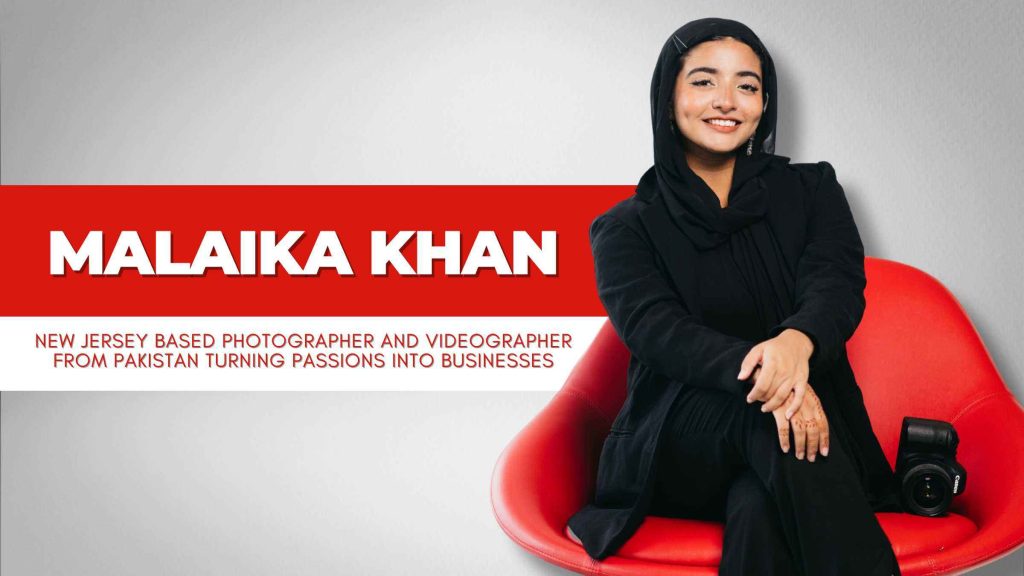Spotlight

✨ Nebula Hasan — Where Simplicity Meets Confidence, and Fashion Becomes Language









Bangladeshi architect Marina Tabassum has been honored with the prestigious Aga Khan Award for Architecture for a second time, this year for her Khudi Bari project — a modular, portable housing solution designed for families displaced by seasonal floods. With this recognition, she becomes the first Bangladeshi architect to receive the award twice, a rare achievement that places her in an elite group of global architects.
The Khudi Bari embodies Tabassum’s philosophy of “architecture of relevance.” Lightweight, affordable, and simple to construct in less than a day, these homes can be relocated as floodwaters rise. Beyond offering practical shelter, they restore dignity to communities facing the harsh realities of climate displacement.
ADVERTISEMENT
The 2025 Aga Khan Award spotlighted seven projects across Asia, the Middle East, and beyond that reflect how architecture can transform lives. Alongside Tabassum’s Khudi Bari in Bangladesh, the winners include the West Wusutu Village Community Centre in China, a reclaimed-brick space serving a diverse local community in Inner Mongolia; the Revitalisation of Historic Esna in Egypt, which has breathed new life into a once-neglected market town; and two Iranian projects — the Majara Residence on Hormuz Island, built with local materials to reshape community tourism, and the Jahad Metro Plaza, a public space transforming a metro station into a civic hub. Completing the list are Vision Pakistan in Islamabad, an inclusive educational facility, and Palestine’s Wonder Cabinet in Bethlehem, a cultural and creative hub designed for innovation.

Tabassum first won the Aga Khan Award in 2016 for Dhaka’s Bait Ur Rouf Mosque, celebrated globally for its spiritual clarity and luminous spaces built with modest means. Nearly a decade later, her second win underscores Bangladesh’s growing influence on the world stage of socially relevant, climate-conscious architecture.
ADVERTISEMENT
